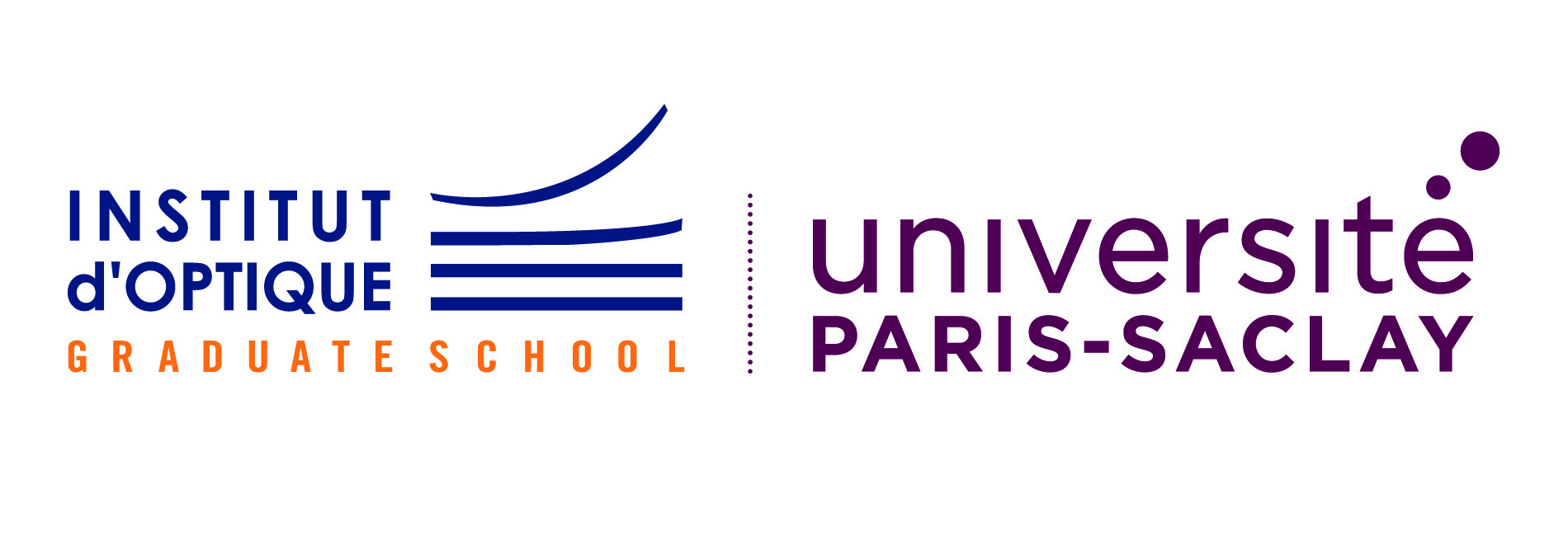Language And Culture
Languages: Gateway To International Communication
Language learning is not only a recognized necessity for higher education: it is a key vehicle for several soft skills, and is now also seen by neuroscientists as a major, life-long intellectual catalyst (Professor Wendy Ayers-Bennet, Cambridge Center for Languages «Language learning is the biggest catalyst of IQ we know ») ! Although small, the Languages Department plays an active part in the life of the school, and more broadly, the Institut. A team of more than 20 teachers from 10 different countries ensure teaching for all three years of the Engineering and the Masters’ curriculum, in 7 languages, on 3 campuses. Since language and culture are inseparable, this is a genuine boost for our students’ intellectual development and for the broadening of their horizons.
Annick Manco - in charge of the Languages Department
Inès Bel-Kefi - responsible for LV2 and FLE
May 2021
Main foreign language: English (LV1)
At Palaiseau, St Etienne and Bordeaux.
As the inescapable means of communication within all the scientific community, English has to be mastered thoroughly both in speaking and in writing. Thus it looms large on the curriculum and proficiency has to be certified by the end of the 3 years, usually by means of a TOEIC certification for a C1 level of competence (820 pass mark).
• In the first year, an additional course is offered to those students who have done little English and who need to catch up.
• The second year approach is more professional, concentrating on job applications, interviews, case studies, intercultural issues and special subjects, like scientific writing or ethics.
• The third year is organized around special subjects and certification. Proficiency is expected by that stage, debate is encouraged and writing is perfected.
For the more advanced groups, innovative approaches such as creative writing can be experimented with, especially through Paris-Saclay-University languages platforms, namely AGORA.
Our participation in several Paris Saclay initiatives, for example Teaching International Groups On Line, or the EUGLOH project, enables us to enrich our courses and add an extra dimension to our engineering Curriculum.
French as a Foreign Language (FLE).
For international students ( 15% of our intake), French is offered, at two levels : initiation / elementary upper intermediate and advanced. As well as being a requirement of the Erasmus programme, this is important for our international students – or researchers – to deepen their understanding of both language and culture. As far as possible, outings are organized, sometimes in conjunction with the Paris-Saclay cultural programme. Certification for a B1 level of competence in French is required at the end of the curriculum.
Special tutoring may be provided for specific needs, via our e-Campus Course VIVA VOCE.
Second foreign language: German, Spanish, Japanese, Chinese or Swedish (LV2)
Learning a second language is required as international experience with prolonged periods abroad is a part of engineering courses. This allows students to have a rich and diversified outlook. Students going to Bordeaux and St Etienne are offered the possibility of a language change, the choice being broader on those campuses, where agreements with Télécom Saint Etienne and Université Bordeaux Montaigne enable students to fully participate in the local University Campus life.
One School, Three Campuses
The curriculum is coordinated across all three sites. In English, teaching follows a similar pattern and the assessment rules are the same, namely compulsory attendance and continuous assessment. In second languages, the school works with partners and coordination is ensured across the team. Everything is done to encourage students to make the most of this opportunity to learn or perfect languages – thus opening their mind to the world.
